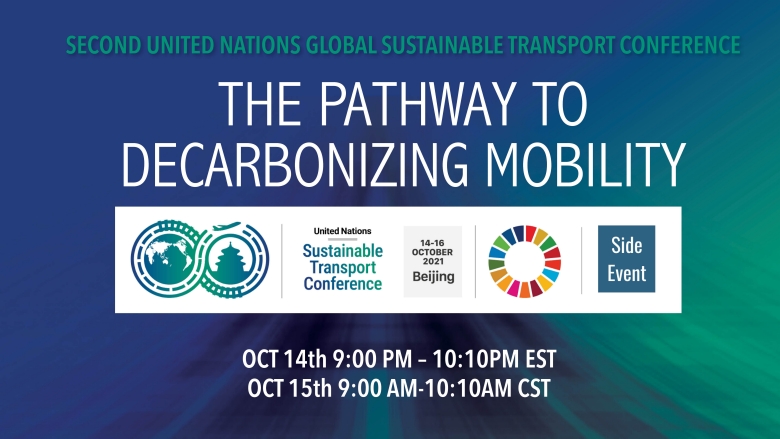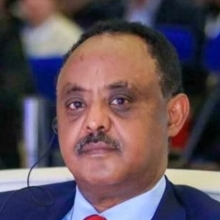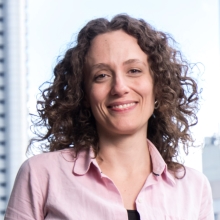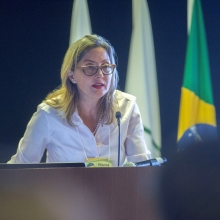Actions to combat climate change and its impacts are on the urgent agenda of all countries. The transport sector, which accounts for around one-fifth of global carbon emissions, has always been the focus of decarbonization. Despite the changes caused by the COVID-19 pandemic, when the world went through the largest-ever decline in global emissions due to economic and social shutdowns, the transport sector remains accountable for nearly seven gigatons of carbon emissions in 2020. Furthermore, the fast-growing transport demand, led by the recovery of economic activity, in the coming decades, is expected to generate a large increase in transport emissions if no interventions are taken.
In April 2021, the World Bank Group has announced its new Climate Change Action Plan, to reduce emissions in key systems including transport, and align all new operations with the goals of the Paris Agreement by July 2023. The activities to capture hosting country (China)’s experience in this area is part of a larger effort by the Transport Practice of the World Bank, as the teams across the world are supporting other large middle-income countries to make their new urban transport strategies for climate change mitigation in their growing cities. This is also in line with the continued knowledge generation and sharing efforts, through a partnership between client countries and the World Bank.
This side event will focus on presenting the World Bank Transport Global Practice’s operational experience on transport decarbonization in four different regions that the bank covers and the global knowledge unit. This event is open to public policymakers, transport and energy experts, researchers, and the wider public and private sector stakeholders interested in the accelerated development of decarbonizing mobility.
Cick here to register
Visit the official event page here
Watch event recording here






